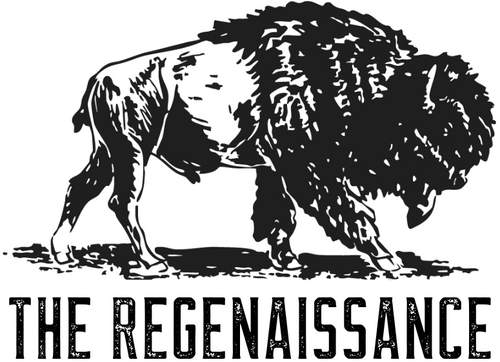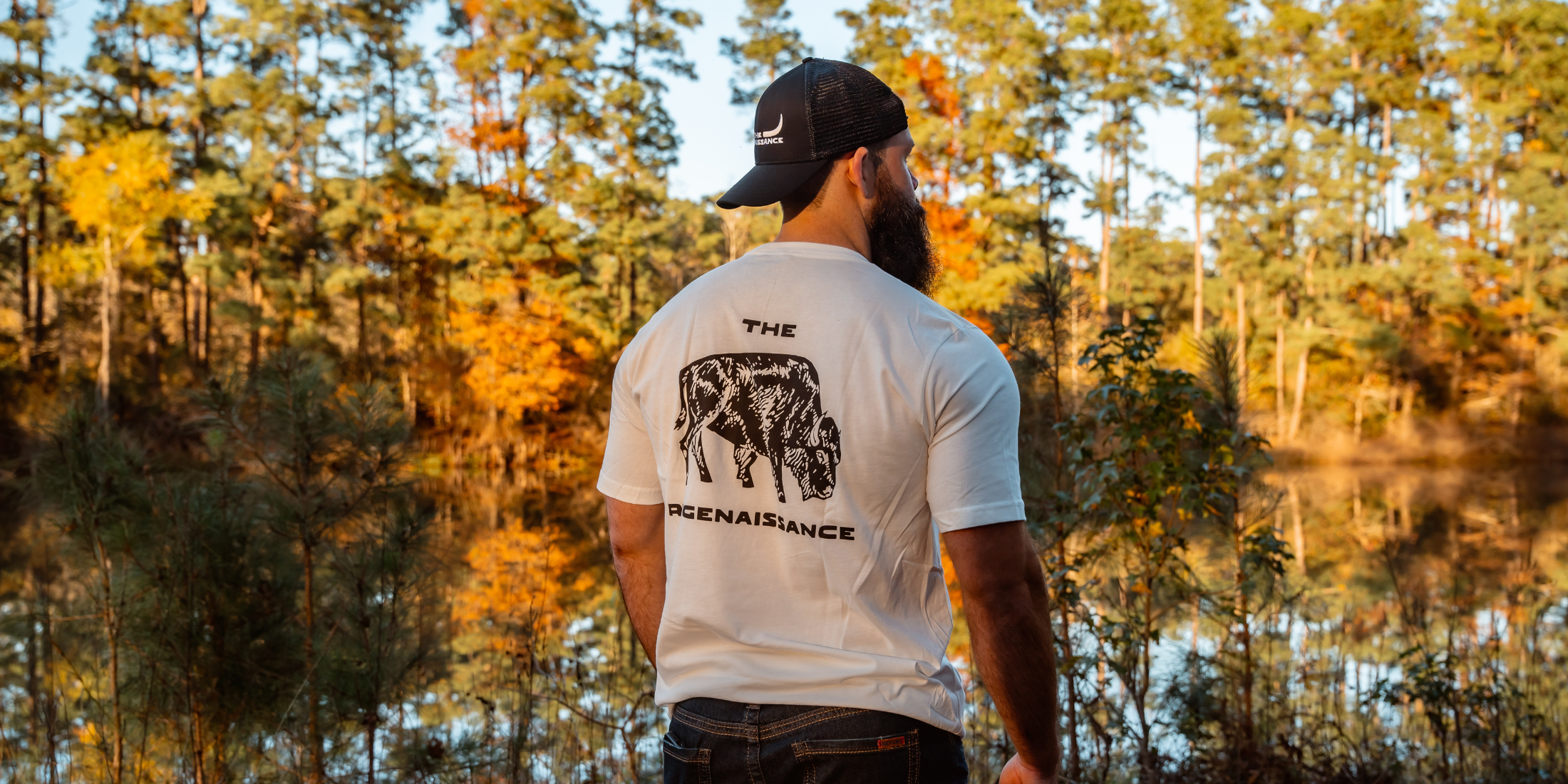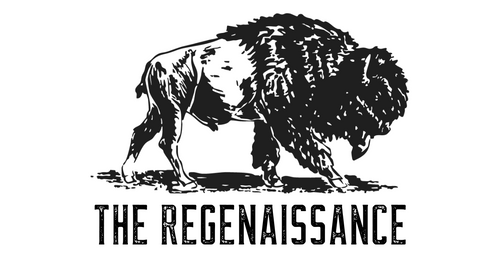
A regenerative farm in North Carolina is facing a lawsuit that could redefine what “forever farmland” means. Union Grove Farm’s plans for vineyards, sheep grazing, and a “farm stage” amphitheater have collided with a decades-old conservation easement.
What We Know So Far:
Easement bans new structures not “for the sole purpose of agriculture.” TLC says an amphitheater doesn’t qualify.
Union Grove claims TLC initially approved an expanded “farm envelope” for agritourism, then reversed course.
Neighbors have mobilized — over 200 packed a meeting in May. Amy Cannon, daughter of Maple View’s founders, said: “This has broken my heart” watching bulldozers disturb her family’s legacy.
Union Grove argues revenue from concerts and farmstays is essential: “Without profits, there can be no sustainability.”
The clash is more than a legal dispute — it’s a cultural battle. Farmers say agritourism is vital to make regenerative farming financially viable, while neighbors and land trusts see it as creeping commercialization. Both sides claim to be defending the future of farmland.
Union Grove’s owners argue that without diverse income streams, regenerative farms can’t survive. Hosting weddings, concerts, and farmstays, they say, provides the cash flow to keep fields in production and soil improving. Without those revenues, dreams of sustainability collapse into debt.
But for longtime residents, the amphitheater crosses a line. They fear traffic jams, noise, and bright lights on once-quiet country roads. To them, bulldozers and sound stages feel more like urban sprawl than stewardship.
The Triangle Land Conservancy insists it has no choice but to enforce the easement. Its leaders argue that letting Union Grove build would set a dangerous precedent — undermining every conservation promise across the state. If easements can be bent, they warn, they mean nothing at all.
For Union Grove, the stakes are existential. Years of investment, community education, and regenerative practices hang in the balance. Lose the lawsuit, and they may be forced to tear down roads and replant trees — sinking even deeper into debt.
The bigger question is whether conservation rules written decades ago can bend to today’s regenerative vision. Do we lock farmers into the past, or allow innovation that keeps land alive without selling it off? The answer may determine whether “forever farmland” is a gift or a cage.
Wear your values.
Every purchase helps us fund more reporting.








